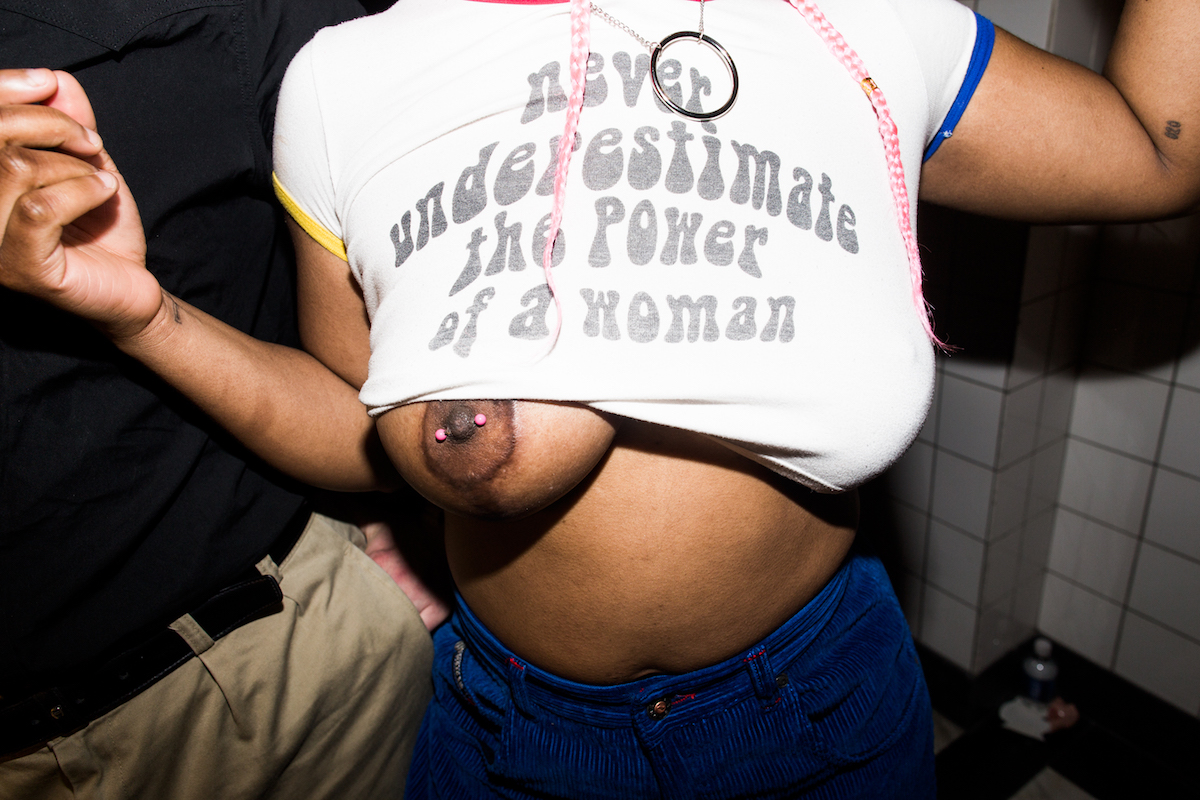“If we keep on hiding, we shall hide until we are buried.”

“Music is above the law. Music can get through the cracks and infiltrate places where other things just can’t go. Music is the most powerful tool to change people’s minds and it does constantly. If you look at culture and society, it’s always there highlighting what’s going on. Music is politics. Music is a message. Music is always a campaign. I don’t just want music to make people dance, I want music to change the world.” Petter Wallenberg
We all have those unforgettable clubbing moments. The suspense-filled opening minutes. That perfect closer. Sharing water with strangers while the bass leaves the hairs on your arms standing on end. These experiences we often share on a weekly basis—the friends, the darkness, the sunrise—not only remain firmly engraved in our minds, but also continue to shape who we are. Music is, and always has been one of our greatest vehicles to mould the way in which we view society and act within its confines. But in a world in which hate and distrust, intolerance and violence are all-too often promoted by those up high, how is music continuing to take in this intolerant anger and counter it with positivity and protest?
On Saturday 12 May at around 1am, interior ministry special units carrying automatic weapons raided Bassiani and Café Gallery, two clubs at the heart of Tbilisi’s electronic music scene. In this socially conservative country, the clubs raided are beacons of tolerance and progressive values, the Café Gallery, a pioneering LGBTQ-friendly dance venue that first began nurturing Georgian techno culture in 2010. However, in the place of oppression, thousands of the ravers and DJs stood in defiance, fierce techno riffs blasting from a sound system placed on the very steps of the state building and placards reading “Our love is louder than your fear”.
As those passionate ravers actively took to the streets, charities such as Rainbow Riots and Dance With Pride continually use music to protest the platform given to those who explicitly support and incite violence against the LGBTQ community worldwide, while the ever-increasing number of collectives and DJ booking agencies devoted to the representation and inclusion of cis women, trans and genderqueer artists, as well as creating safe spaces, continue to gain presence. On every level of the music industry, and as a DJ specifically, one has the ability not only to manipulate and reimagine different structures, but to also trace how tracks relate to each other and critically redefine social structures from the bottom up.
In the following interview series, Rave Revolution, we will be talking to some of the world’s leading DJs, collectives and artists who are not only pushing for change within the industry itself but also reimagining and remoulding the society in which it reverberates. Follow the stories of the underground heroes and those loud voices that will not be suppressed, pushing for the foundations of the floor you are dancing on and the society around you to become safe(r), more inclusive and unashamedly proud. Stay tuned.
Words by Louise Goodger
Header image: Michelle Helena Janssen for Glamcult